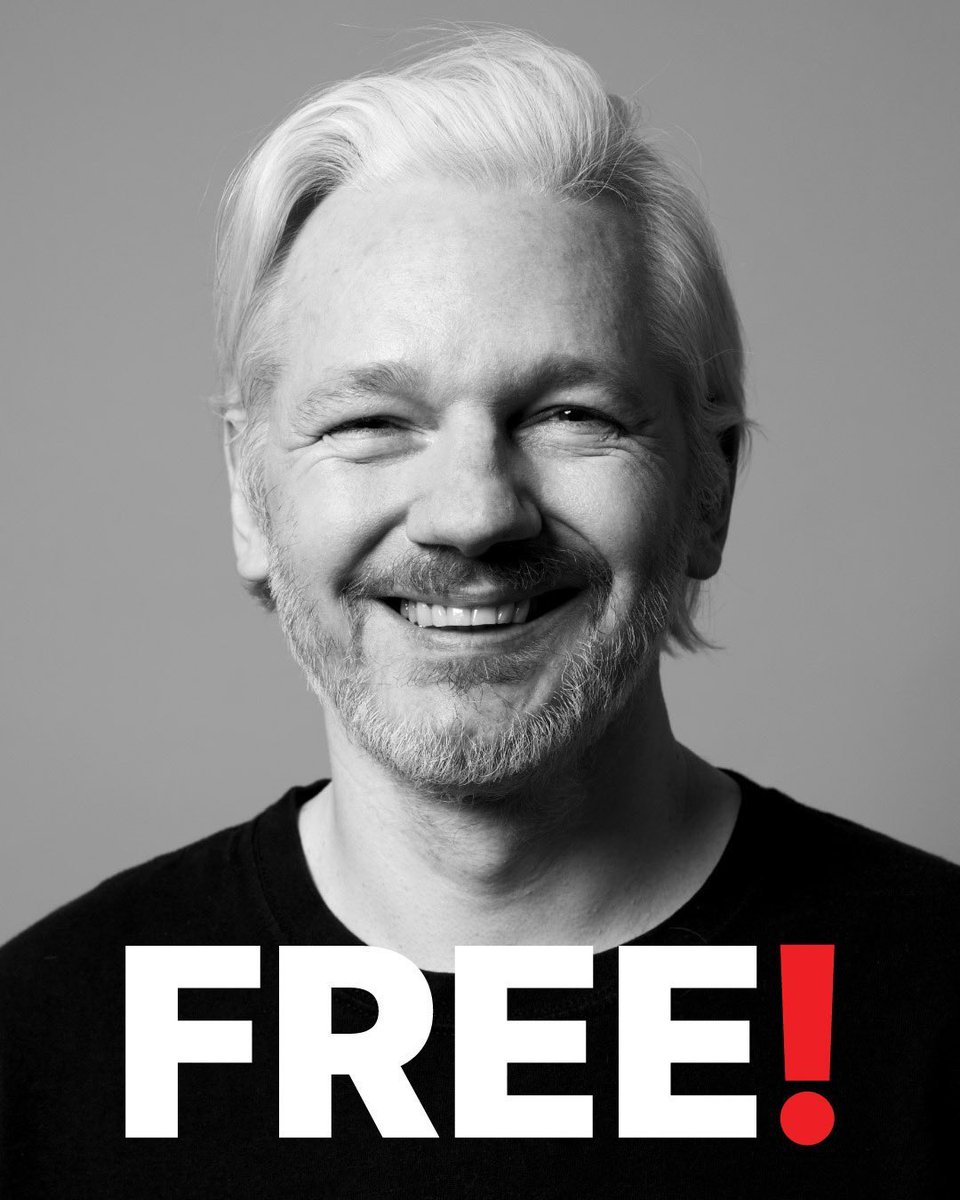Julian Assange, the controversial founder of WikiLeaks, is returning to Australia after a prolonged 12-year legal struggle. This development comes as part of a plea agreement with U.S. authorities that marks a significant turn in a case that has drawn global attention and sparked intense debate over issues of press freedom and state secrecy.
Assange, who has been a high-profile figure in the realm of whistleblowing and freedom of information, faced numerous charges in the United States related to the publication of classified documents. His extradition has been a contentious issue, with supporters arguing that he is a champion of transparency and free speech, while critics contend that his actions endangered lives and national security.
The plea deal, the specifics of which remain under wraps, reportedly involves Assange agreeing to certain terms that mitigate the charges against him, allowing him to return to his native Australia. This resolution is seen by some as a diplomatic compromise, aiming to balance the demands for accountability with humanitarian considerations regarding Assange’s health and prolonged detention.
Also Read:Major Upgrade for Prepaid Electricity System in Tanzania
Assange’s journey has been fraught with legal and political hurdles. Since 2012, he had taken refuge in the Ecuadorian Embassy in London to avoid extradition to Sweden over sexual assault allegations, which he denied. Although those charges were eventually dropped, his fear of being extradited to the U.S. persisted, keeping him confined in the embassy for nearly seven years. In 2019, he was forcibly removed from the embassy and has since been held in Belmarsh Prison in the UK, fighting extradition.
The reaction to Assange’s return is mixed. Supporters, including various human rights organizations, view this as a victory for human rights and press freedom, arguing that his actions exposed serious government misdeeds and should be protected under the First Amendment. On the other hand, critics and some government officials maintain that the unauthorized release of classified information posed significant risks to national security and international relations.
This case has also prompted broader discussions about the treatment of whistleblowers and the responsibilities of journalists in handling sensitive information. It raises questions about the balance between national security and the public’s right to know, an issue that remains ever-relevant in today’s digital age.
As Assange returns to Australia, his future remains uncertain. While the plea deal alleviates some immediate legal pressures, the implications of his work and the precedent set by his case will likely continue to influence debates over press freedom and government transparency for years to come.




Very well written information. It will be useful to anyone who utilizes it, as well as me. Keep up the good work – looking forward to more posts.